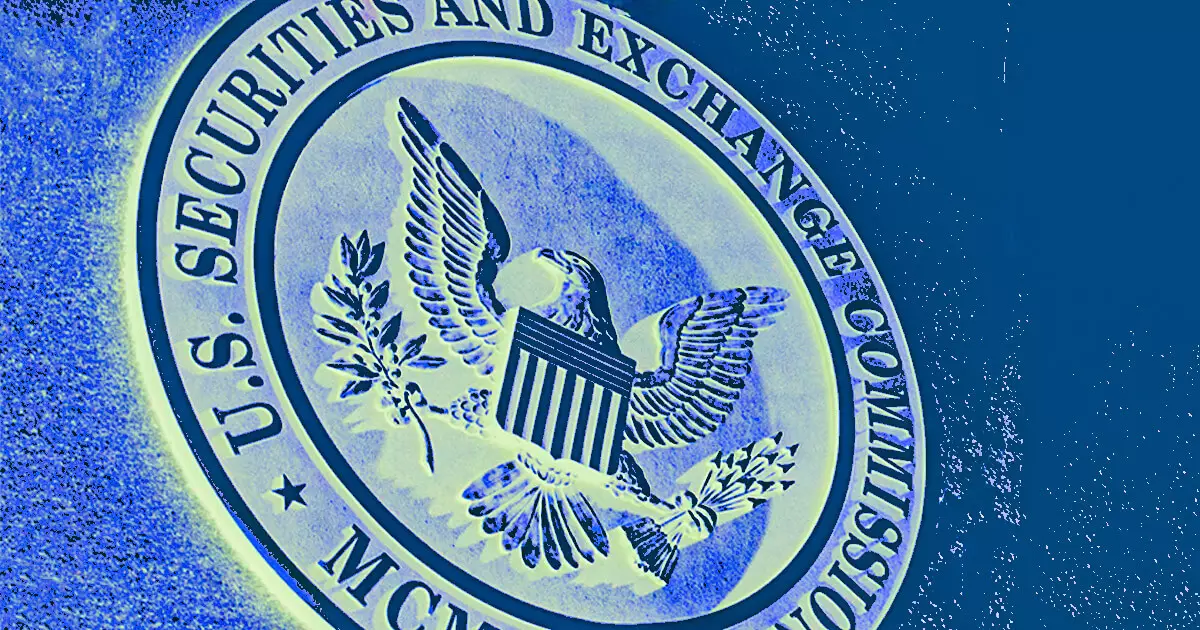The recent enforcement action taken by the U.S. Securities and Exchange Commission (SEC) against the Flyfish Club’s non-fungible token (NFT) collection has ignited significant controversy. SEC Commissioners Hester M. Peirce and Mark T. Uyeda have openly opposed this decision, arguing that the enforcement is misaligned with existing securities laws. Flyfish Club, a novel dining venture, marketed approximately 3,000 NFTs, which granted exclusivity to future dining experiences within the establishment. While the club raised a substantial $14.8 million from NFT sales—each offered at prices ranging from $8,400 to $14,300—the SEC’s subsequent charge of unregistered crypto asset securities has raised eyebrows and concerns regarding regulatory overreach.
At the heart of the dissent expressed by Commissioners Peirce and Uyeda, lies the argument that the NFTs in question should not be classified as securities but rather as utility tokens. They contend that the Howey Test—a legal standard for determining whether an asset qualifies as a security—is unsuitable in this case. In their view, holders of Flyfish NFTs had legitimate expectations of accessing distinctive culinary experiences and exclusive events, rather than anticipating financial returns typical of traditional securities. This differentiation is pivotal, as conflating utility tokens with securities could set harmful precedents for digital asset regulation and stifle innovation in an emergent sector.
The ramifications of the SEC’s enforcement actions reverberate beyond the Flyfish Club case. Peirce and Uyeda have called for clearer guidance from the SEC regarding non-securities NFT creators, highlighting a need for a regulatory framework that allows experimentation without the looming specter of legal repercussions. This lack of certainty can undermine creativity and innovation in the NFT space, which is still navigating its identity amidst rapidly evolving technologies and market dynamics. Clear guidelines could encourage a thriving ecosystem of authentic digital assets, benefiting creators and consumers alike.
The SEC’s actions are not limited to the Flyfish Club but extend to larger platforms like OpenSea, which received a Wells Notice, signaling potential enforcement against its operations. OpenSea, a leading NFT marketplace, has faced intense scrutiny, and CEO Devin Finzer’s response underscores the broader implications for creators and artists who rely on such platforms for their livelihoods. The threats posed by regulatory bodies may inhibit the creative processes that define the contemporary NFT landscape, damaging the overall market’s vibrancy.
In light of these challenges, initiatives such as the Creator Defense Fund, backed by the Coinbase-funded Stand With Crypto Alliance, have emerged to protect artists confronting the SEC’s enforcement measures. With a commitment of $6 million, this fund aims to buffer creators against potential fallout from regulatory actions, demonstrating a collective effort within the crypto community to shield artistic expression and innovation.
In closing, the ongoing discourse surrounding the SEC’s regulatory approach to NFTs, particularly in relation to projects like Flyfish Club, reflects broader societal questions about trust, creativity, and the role of regulation in a rapidly changing digital landscape. Balancing enforcement with the need for innovation will be crucial as regulators and creators navigate the complexities of this uncharted territory.














Leave a Reply